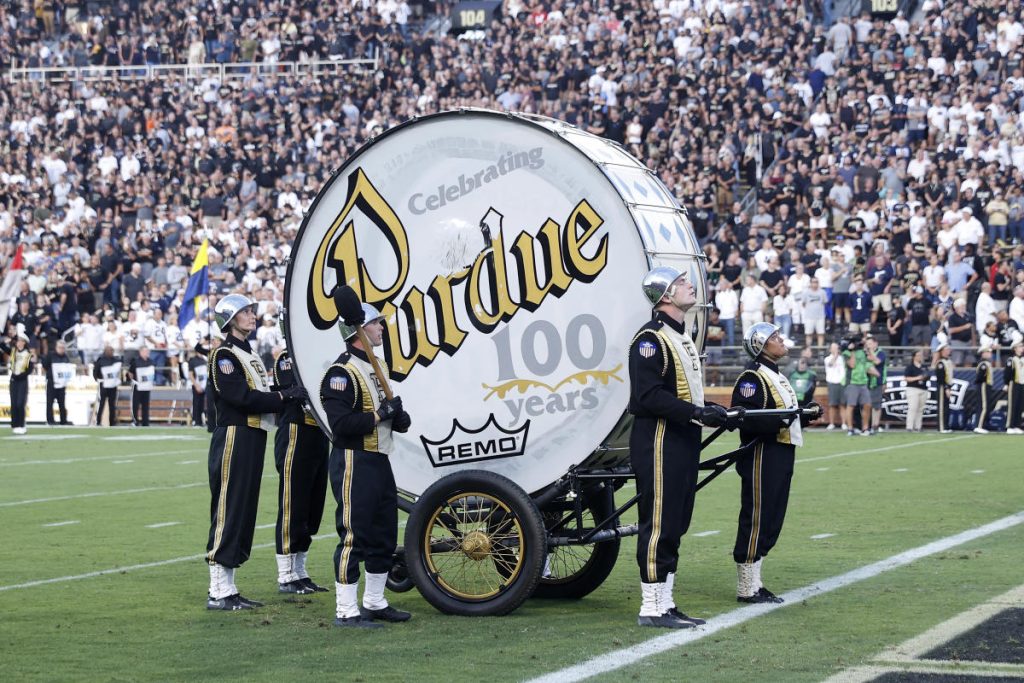Purdue student Zach Spangler made a 40-yard field goal during the halftime of Purdue’s home-opener against Indiana State, as part of a contest sponsored by the Rohrman Automotive Group. He was supposed to receive a $250 prize and a two-year car lease for his successful kick. However, the car dealer informed Spangler that he had exceeded the 30-second time limit for the contest by 0.005 seconds, therefore disqualifying him from the grand prize.
The decision not to award Spangler the car lease was based on principles and rules, according to Trey Rohrman from the Rohrman Automotive Group. This decision caused backlash and criticism, as it seemed unreasonable and lacking in generosity. The dealer missed an opportunity to create goodwill and positive publicity by refusing to give Spangler the car lease, leaving room for other car dealers to potentially step in and offer him a lease on the car.
Realizing the negative implications of their decision, the Rohrman Automotive Group reconsidered and offered Spangler the choice between a two-year car lease or $5,000 in cash. Spangler decided to take the cash prize. Additionally, the contest rules were amended to eliminate the 30-second time limit for future Purdue home games. This change ensures that participants will not be disqualified based on time constraints, allowing for a fairer competition.
Spangler’s halftime field goal not only brought him recognition and a monetary reward, but it also led to positive changes in the contest rules moving forward. The incident highlighted the importance of fairness and generosity in such competitions, as well as the value of creating positive relations with participants and the public. Ultimately, Spangler’s perseverance in the face of adversity paid off, as he was able to receive a well-deserved reward for his impressive feat on the field.
The saga of Zach Spangler’s halftime field goal serves as a lesson in sportsmanship and fairness, showcasing the impact of standing by principles while also considering the impact on others. The decision by the Rohrman Automotive Group to offer Spangler a cash prize instead of the car lease demonstrates a willingness to rectify the situation and provide him with a suitable reward for his achievement. The revision of contest rules to remove the time limit also ensures that future participants will have a fair chance at success without arbitrary restrictions.
In conclusion, Zach Spangler’s halftime field goal at Purdue’s home-opener sparked controversy and ultimately led to a positive outcome for the student. The incident shed light on the importance of fairness and generosity in such contests, as well as the need to consider the impact of decisions on the participants and public perception. By offering Spangler a cash prize and amending the contest rules, the Rohrman Automotive Group was able to rectify the situation and maintain a positive relationship with the community. Spangler’s determination and sportsmanship in the face of adversity have earned him recognition and a well-deserved reward, highlighting the power of perseverance and standing by one’s principles.












